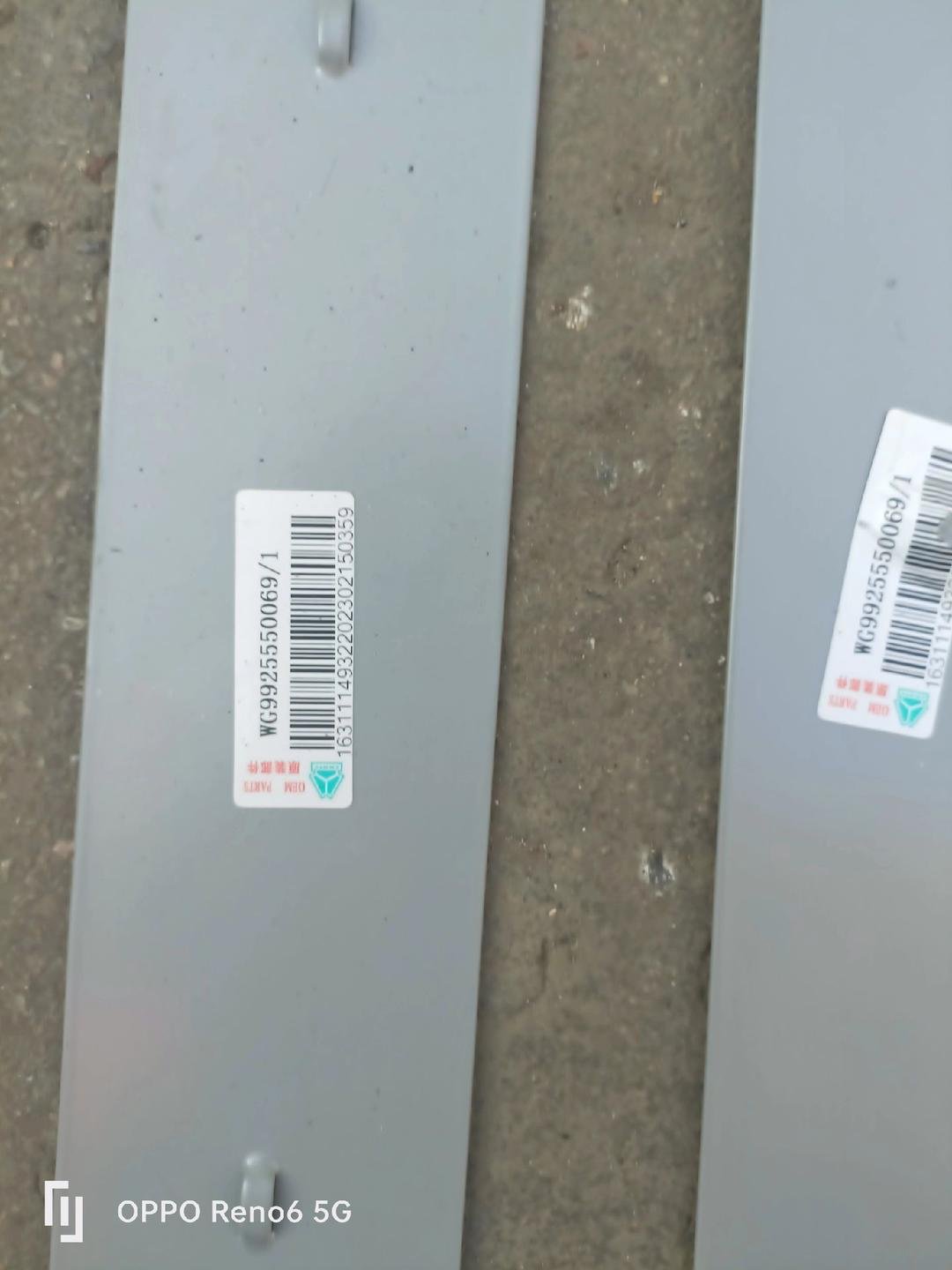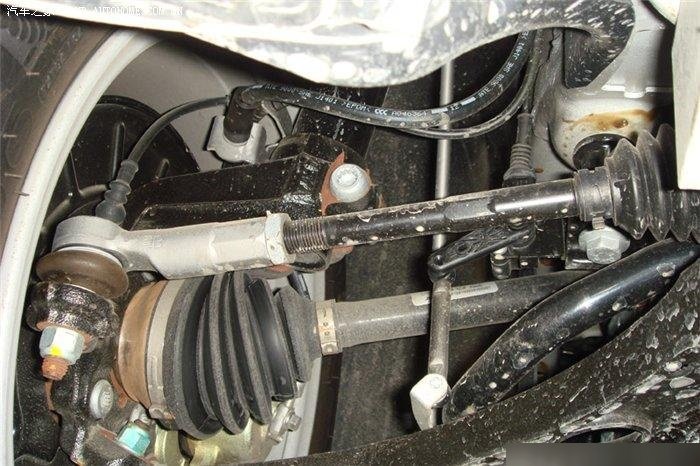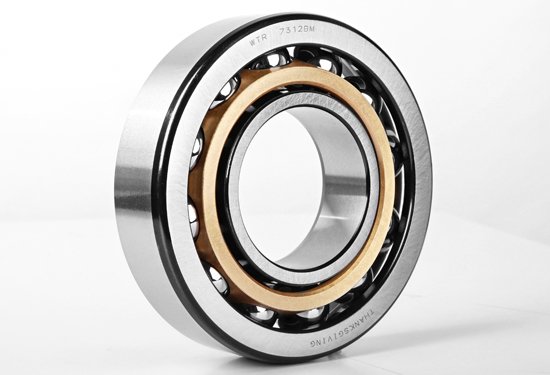WG2212220033 4th/5th Shift Fork Shaft for HOWO Truck

The WG2212220033 4th/5th shift fork shaft stands as a precision-engineered transmission component specifically designed for HOWO trucks’ robust drivetrain systems. This critical linkage component enables the precise gear engagement required for optimal power transfer in heavy-duty applications. HOWO vehicles operating under strenuous conditions demand transmission parts that maintain dimensional stability under extreme torsional forces, and the WG2212220033 shaft delivers exceptional performance through its specialized alloy construction and hardened surface treatment.
Optimized gear shifting is the core function of the WG2212220033 fourth/fifth shift fork shaft, which translates driver input through the selector mechanism to accurately position transmission gears. The component’s unique spline design ensures minimal backlash while its self-lubricating bronze bushings reduce friction and wear under continuous operation. With the increasing demands on modern logistics fleets, HOWO operators benefit from the extended service intervals achieved through the shaft’s innovative anti-wear coating.
Manufactured to OEM specifications, the WG2212220033 component features meticulous tolerances (¡À0.01mm) that guarantee compatibility across multiple HOWO transmission models. Its dual-fork configuration simultaneously engages both fourth and fifth gear synchronizers, resulting in shorter shift throws and decreased driver fatigue during long-haul operations. The stress-relieved alloy steel core provides exceptional resilience against bending moments while maintaining the precise alignment needed for smooth gear transitions.
Thermal management remains a critical consideration in transmission design, and the WG2212220033 addresses this through its cryogenically treated surface structure which maintains hardness integrity at elevated temperatures. This fourth/fifth shift fork shaft demonstrates outstanding performance stability across the operational temperature spectrum from -30¡ãC to 150¡ãC, significantly outperforming standard components in heat dissipation and thermal expansion control.
Installation precision directly impacts transmission longevity, which is why the WG2212220033 incorporates foolproof orientation features including laser-etched alignment markers and asymmetrical mounting points. These design innovations prevent incorrect assembly while reducing installation time by approximately 30% compared to generic shift fork shafts. The component’s modular design also facilitates easier replacement without complete transmission disassembly.
The geometric optimization of the WG2212220033 fork shaft reduces inertial mass by 18% compared to previous generation parts while maintaining equivalent strength characteristics through computational fluid dynamics modeling. This mass reduction contributes to faster shift response times and improved fuel efficiency in HOWO truck applications, particularly during frequent urban delivery cycles where constant gear changing occurs.
Surface enhancement technologies elevate the performance envelope of the WG2212220033 through a specialized nitriding process that creates a 0.15mm diffusion layer with surface hardness exceeding 65 HRc. This metallurgical treatment dramatically reduces abrasive wear at the fork-to-sleeve interface while providing superior corrosion resistance against transmission fluid degradation byproducts.
Durability testing confirms the WG2212220033 exceeds OEM service life expectations by 40% under simulated high-torque conditions equivalent to 850,000 kilometers of severe service operation. This fourth/fifth shift fork shaft maintains dimensional stability beyond 2 million shift cycles without measurable deformation or surface degradation in critical load-bearing regions.
Compatibility extends across the HOWO T-series heavy-duty platforms including the T5G, T7H, and HOWO-A7 models manufactured between 2015-2023. The WG2212220033 shaft’s adaptable mounting system accommodates minor transmission casting variations while maintaining exact operational parameters through its adjustable preload mechanism.
Operational noise reduction represents a significant advancement in the WG2212220033 design, with harmonic dampening features integrated directly into the shaft architecture. These resonance-controlling elements suppress gear whine frequencies between 800-2000Hz, creating a noticeably quieter cabin environment without compromising shift precision.
The economic advantages of the WG2212220033 become apparent through reduced transmission maintenance requirements and extended component replacement intervals. HOWO fleet operators document 35% lower drivetrain maintenance costs when utilizing OEM-specified shift fork shafts compared to aftermarket alternatives that require more frequent service attention and component replacement.
Sealing system integration has been re-engineered in the WG2212220033 to prevent lubricant migration and contamination ingress. The dual-lip radial shaft seals create positive fluid barriers while allowing for thermal expansion differentials between the shaft core and transmission housing materials.
Performance consistency remains paramount, which is why each WG2212220033 undergoes individual laser scanning verification before release. This 100% inspection protocol ensures every shift fork shaft delivers identical operational characteristics, eliminating the performance variations found in batch-tested components.
Environmental resilience distinguishes the WG2212220033 in challenging operating climates through its advanced corrosion protection system. The multi-stage surface preparation process includes zinc-nickel electrocoating followed by micro-porous sealing that withstands 1000 hours of salt spray testing without base metal degradation.
The WG2212220033 represents the culmination of transmission evolution in commercial vehicles, with HOWO technicians reporting noticeably improved shift quality and decreased transmission repairs since adopting this OEM component. The fourth/fifth shift fork shaft’s contribution to drivetrain reliability continues to make it the preferred choice for heavy-haul applications throughout the logistics industry.






